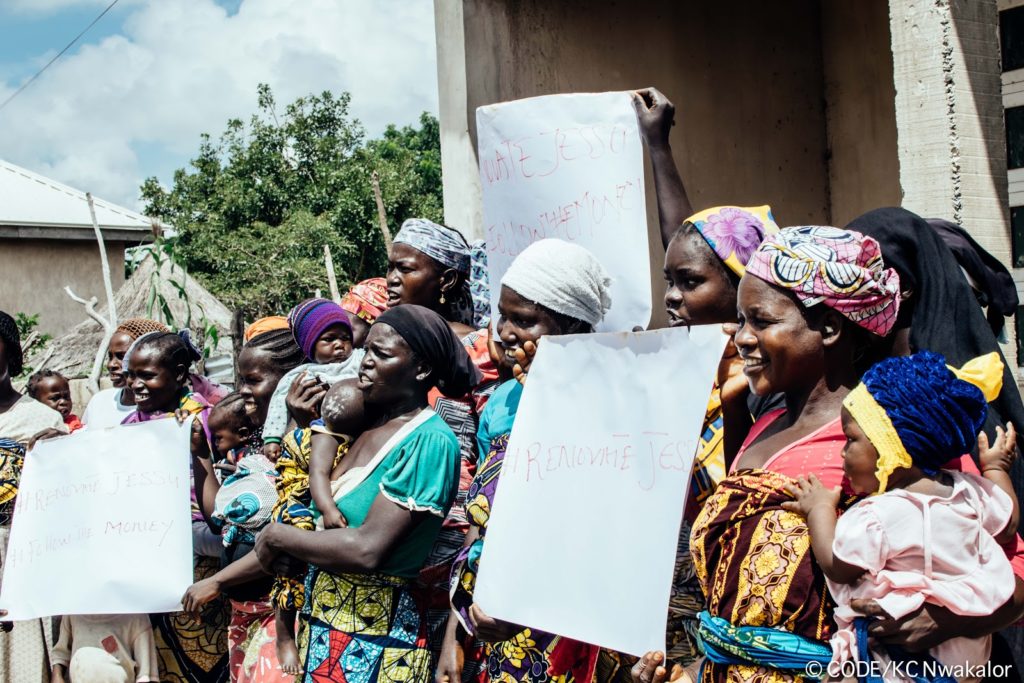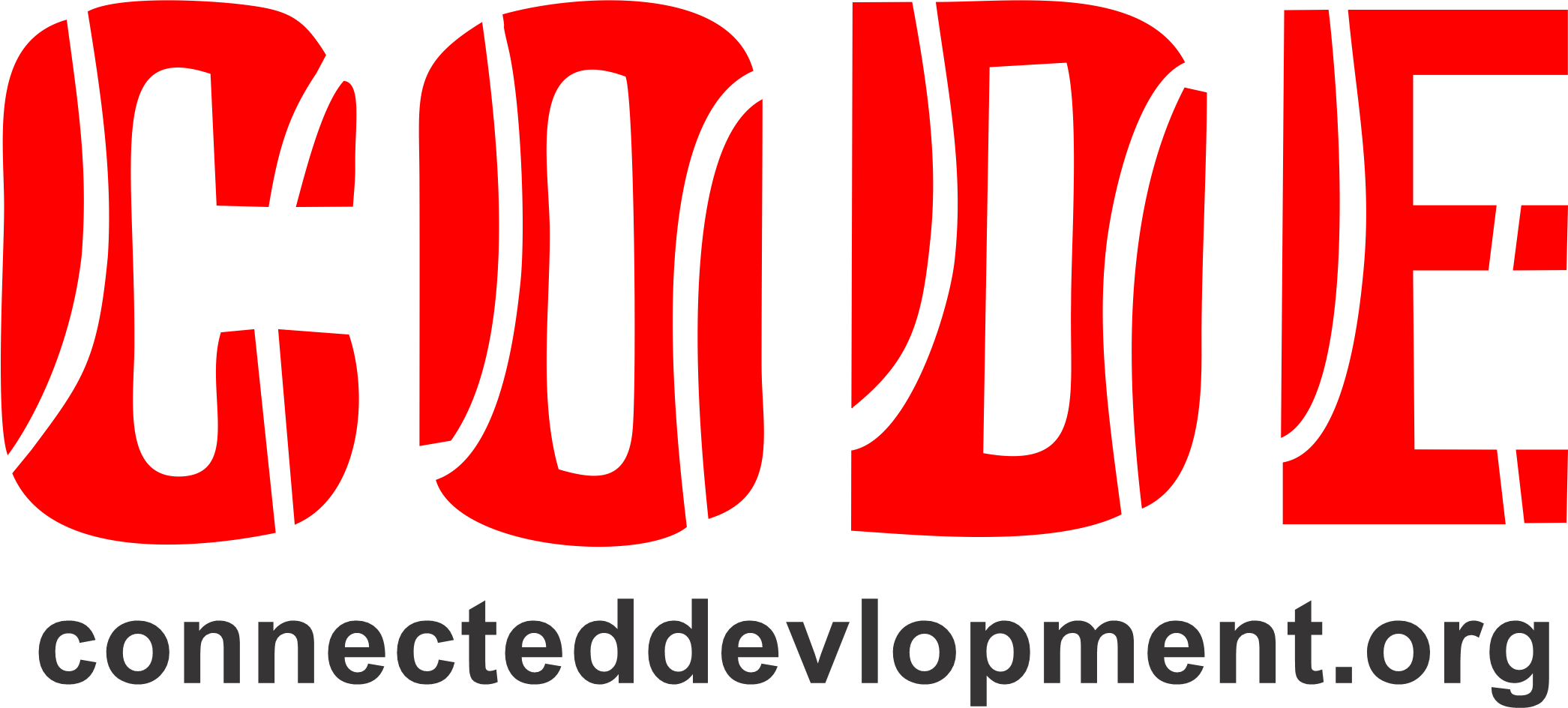- +234 09291 7545
- info@connecteddevelopment.org
Anne Alagbe

There have been notable improvements in Nigeria concerning the treatment of women. More women are filling roles in public offices but not enough has been done to promote Gender Equality. The law for the prosecution of rape within marriages have still not been passed in court, foreign men cannot claim their wives Nigerian nationalities, and women still experience difficulties in using their documents to access opportunities without the help of their father or husbands (a nuisance I have experienced a number of times).
Waiters still assume my husband is paying (despite the fact that I pay sometimes). They give him the bill without even giving me an ounce of eye contact. When he firmly and curtly comments to them saying, ‘ please give it to her’ the reaction is almost always the same! A mix of confusion and embarrassment on their part as they meekly give to me the bill. Now imagine, if for people to unlearn and de-condition their mindsets of basic behaviours such as ‘men always paying’ how much harder as a country will it be for gender equality to truly take place.
The truth is that women in Nigeria are not valued as they should be, they are seen as a commodity instead of an important necessity. Thank God we have some women seated in government roles to give us some hope but when you look at the amount, it’s enough to defuse your bubble all over again. It would be idealistic to think the government is responsible for this issue and they should fix it (although a part of it is true), when, honestly, we are all to be held accountable– an orientation that must be unlearned by the Nigerian population. Citizens need to see women and their purpose differently, and not just as domestic beings. Fellow women need to start deconstructing years, centuries even, of conditioned gender roles and start paving their own paths for change. It’s quite unfortunate that there still are cases of women who are subject to and silent about sexual assault and also harassment at the workplace. Many women are marginalised and are not seen beyond their faces. One wonders when this degradation will end.
Beyond wishful thinking and short term feminist campaigns, it will take a complete unlearning of years of conditioned gender ideas and an acceptance from both men and women that, in order to achieve change, we must transform our attitude towards small basic things. Each for Equal is the responsibility of all.
Related
Connected Development is an initiative that is passionate about empowering marginalised communities.


